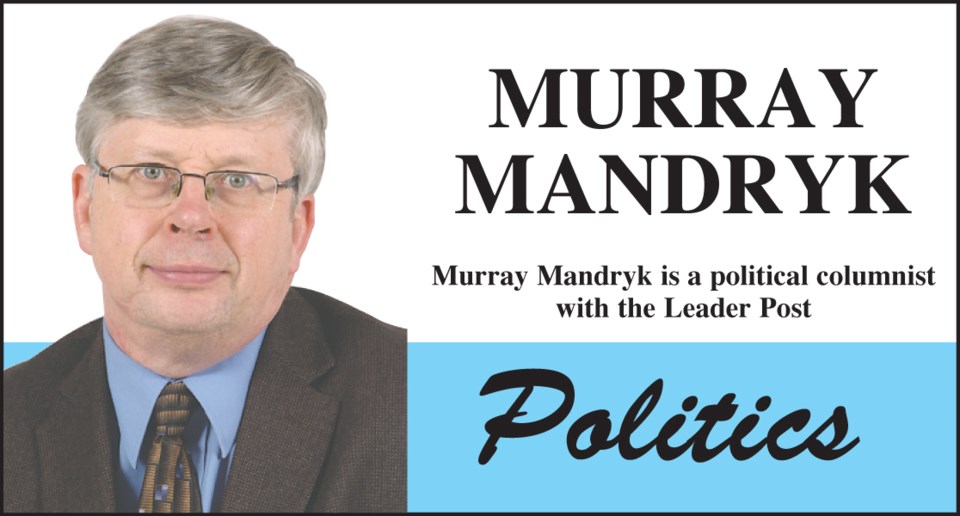Premier Scott Moe hasn’t always received a lot of credit for his political skills.
Perhaps underestimating him is a big mistake.
He, did after all, win the Saskatchewan Party leadership in what was likely most intense and hotly contested political event in our province in the last decade.
And he’s righting the province’s listing fiscal ship without losing much political popularity.
To do so requires formidable political skill, but, having inherited both a healthy province and a healthy Sask. Party from his predecessor Brad Wall, it’s skill that may be somewhat overlooked.
That’s something that becomes easier to do when there isn’t much political competition from across the aisle in Legislative Assembly … and when you have as solid a base, as Moe and the Sask. Party does in rural Saskatchewan that makes the result of this fall’s general election almost a foregone conclusion.
But what is sometimes missed are the developments that get a politician and his or her party to where they are. In Moe’s case, it’s been a case of skilfully capitalizing on changing circumstance. Consider how Moe has handled himself in the increasingly messy fight between Federated Co-operative Ltd. (FCL) and Unifor in their lockout dispute at Regina’s Co-op Refinery.
What should not be missed is how much this dispute really represents a political swing in this province — a swing in favour of Moe and the Sask. Party.
The NDP’s loss of support in rural Saskatchewan has everything to do with its policies that clearly didn’t keep up the changes in economic environment.
However, it should be noted that a big part of that changing economic environment is reflected in the changes the three entities once critical to the rural economy — the Saskatchewan Wheat Pool, the Credit Unions and the Co-ops — that were traditionally aligned with the NDP.
The Wheat Pool met its demise during the Roy Romanow government years — a victim of the changes in farming and grain marketing. The Credit Unions are still here and playing a vital part in rural communities. However, it’s likely fair to say that they certainly seem to function more like a bank than the traditional credit union model and less aligned with the NDP.
As for the Federated Co-op, it’s biggest criticism (at least from those on the left) seems to be that it’s just like any large, successful retail business. This takes us its current fight with Unifor and where Moe seems to be demonstrating significant political skill.
Whether Moe is right to suggest the Regina police step in to enforce the court ordered-removal of the barricades preventing fuel trucks from coming and going is a controversial matter.
Police are there to keep the peace and their involvement in any dispute should always be a last resort. This is especially so in a tense picket line.
That said, it’s also now clear the union is defying a court order and has been fined $100,000 as a of the writing of this. More fines are on the way.
It’s also clear that FCL is raising legitimate concerns that the barricades may soon be causing a fuel shortage and seems to pressuring the Sask. Party government to pressure the Regina Police to do something soon.
As a result, we have the unusual scenario when the one-time ally of NDP is in a pitched battle with another one-time ally of the NDP, the union movement. The unions also want Moe to intervene, but to appoint an arbitrator.
So there sits Moe in the middle — seemingly, the voice of reason between the two one-time NDP allies who is offering a mediator (if Unifor takes down the barricades and behaves reasonably).
And he seems to have gotten there by using his underestimated political skills.
Murray Mandryk has been covering provincial politics for over 22 years.



